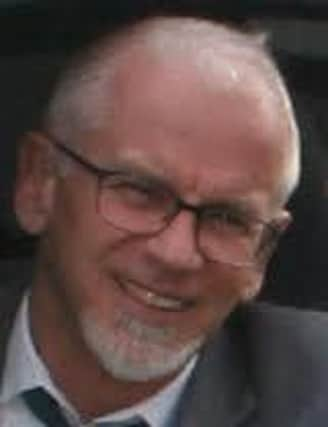GUEST COLUMN: Job is hard work but rewarding, by Lee Floyd, head teacher at Stubbin Wood Special School


You might imagine that as head teacher of a special school, in a society where children with special educational needs rarely make our screens, I would tune in out of professional interest.
But in fact I have not watched one minute of the show – and, if it came on while I was watching TV, I would switch over.
Advertisement
Hide AdAdvertisement
Hide AdThis is not because I’m cynical about physical or learning difficulties being presented for entertainment and nor because it would be a busman’s holiday. Rather, it is because I find any on-screen depiction of children who are similar to those I teach simply too difficult to cope with.


Recently, the Hillsborough inquiry reminded us of the story of that terrible day and the harrowing sights witnessed by emergency workers sent there to help. One question they often faced was how they coped and their reply was that they were just doing their job. It is only later that the true horror of what they had been in the midst of came home to them.
My example is less dramatic, but no less relevant. Teaching children with special needs is rewarding, but it is hard work physically and, if you stop to consider how unfair life has been to the children around you, emotionally.
When I am with them I have the training and experience necessary to be able to function, to make decisions, deal with issues and gain my own understanding of the children – practical aspects of the job that keep the emotion at bay.
Advertisement
Hide AdAdvertisement
Hide AdIf later that night, I see something on the TV, I am only a passive observer just like everybody else. I am moved by the storyline, the music and the performance of the actors – or the participants if it’s a reality TV show – and the emotions that they stir in me are too close to home for comfort. I don’t enjoy that.


So, I haven’t seen the A Word, but I welcome SEN kids featuring in mainstream culture if it leads to greater understanding of their lives. For too long, SEN kids were marginalised, which is why we like to get our pupils out into the community to enjoy activities that everyone else takes for granted and, to be honest, so that the community can get to know them too.
Inevitably, those trips do not always run smoothly and they can certainly challenge your abilities as a teacher - but I find that far easier to deal with than I would an hour spent at home watching a programme such as The A Word.